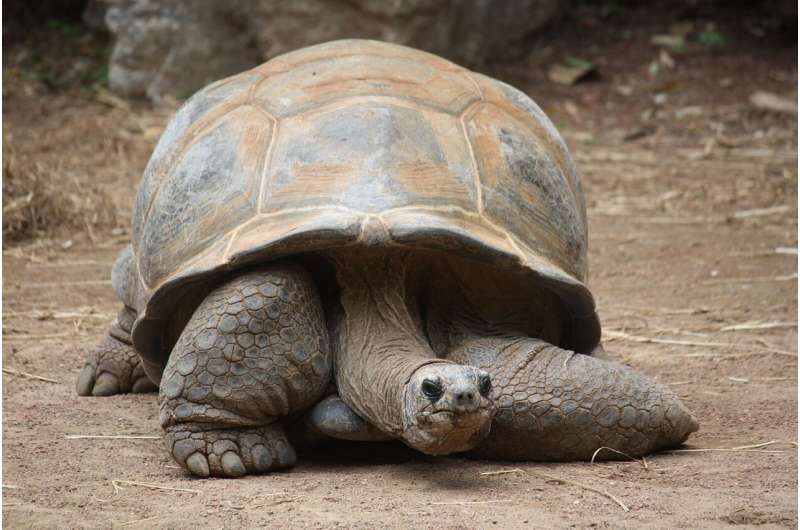New standardized framework allows conservationists to assess benefits of non-native species

A new framework for classifying the positive impacts of non-native species will allow conservationists and policymakers to make better-informed management decisions, according to a Consensus View article by Giovanni Vimercati at the University of Fribourg, Switzerland, and colleagues, publishing August 16 in the open-access journal PLOS Biology.
The Environmental Impact Classification for Alien Taxa, or EICAT, developed in 2014 and formally adopted by the International Union for the Conservation of Nature (IUCN) in 2020, is a global standard for evaluating the impact of non-native species. Yet the framework only assesses the negative impacts on native species. However, non-native species can also have positive impacts on the native biodiversity where they are introduced, such as providing new food sources or habitats that increase the population of native species or prevent their decline and extinction.
To reach a more comprehensive and holistic understanding of the impacts caused by non-native species, the researchers developed a parallel framework for assessing their positive impacts on native biodiversity, called EICAT+, in consultation with experts. EICAT+ evaluates non-native species using five semi-quantitative scenarios that describe the magnitude of positive impacts. The framework also considers the mechanisms underpinning these impacts and how quickly their effects might be reversed if the non-native species were eradicated.
The EICAT+ framework can be applied at different spatial scales, from local to global, and different levels of organization, from individuals to populations, as well as all taxonomic groups. It can help identify knowledge gaps and expand scientific understanding of the consequences of biological invasions. The framework can also inform conservation decisions by highlighting potential unwanted effects of planned control or eradication measures that target non-native species, the authors say.
Dr. Vimercati adds, "By recognizing that non-native species have multifaceted impacts on native biodiversity, we developed a new standardized and evidence-based framework for positive impacts that was not available before. EICAT+ fills a critical gap in the field and can be used, among others, to assess how non-native animals or plants deployed in biocontrol and restoration contribute to conservation goals."
More information: The EICAT+ framework enables classification of positive impacts of alien taxa on native biodiversity, PLoS Biology (2022). DOI: 10.1371/journal.pbio.3001729
Journal information: PLoS Biology
Provided by Public Library of Science





















